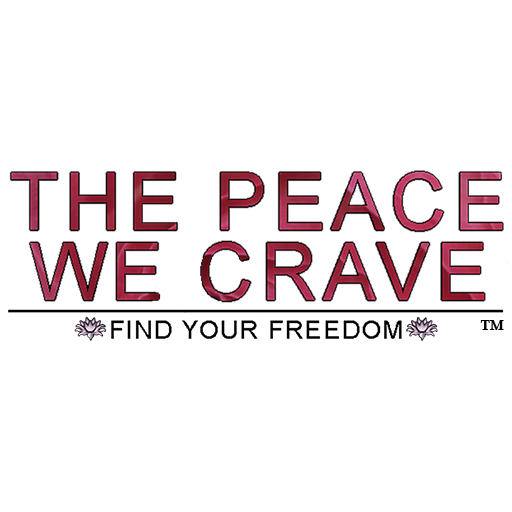Gratitude in Sobriety: A Pathway to Thriving, Not Just Surviving
When many of us first enter sobriety, gratitude might feel like a distant concept. Early recovery can be filled with loss—friends, routines, coping mechanisms—all stripped away at once. It’s natural to focus on what’s missing. Yet, shifting into gratitude is one of the most powerful ways to not just stay sober, but to truly thrive in sobriety.
The Science of Gratitude
Researchers have long studied the profound impact of gratitude on mental health. Practicing gratitude has been linked to better sleep, improved relationships, reduced stress, and stronger resilience during difficult times. According to Harvard Health, regularly practicing gratitude helps people “feel more positive emotions, relish good experiences, improve their health, deal with adversity, and build strong relationships” .
For people in recovery, this is especially powerful. Gratitude activates the brain’s reward system, releasing dopamine and serotonin—the very chemicals often depleted by substance use . Over time, a gratitude practice rewires the brain toward joy, optimism, and hope.
Gratitude in Daily Sobriety
So how does gratitude show up in real life sobriety? It doesn’t have to be grand or complicated. Often, it’s in the smallest shifts:
Waking up clear-headed instead of groggy or regretful.
Enjoying morning coffee with peace of mind.
Noticing a sunset and feeling present in the moment.
Connecting authentically with friends and family.
These little moments are often the first “wins” of emotional sobriety. By pausing to acknowledge them, you train your mind to see abundance rather than lack.
A simple practice is writing down three things you’re grateful for each night. On hard days, it may feel forced—but over time, this habit builds resilience. Gratitude journals, mindfulness practices, and even gratitude meditations can all support this shift.
From Surviving to Thriving
In my own journey, gratitude was the bridge from surviving sobriety to thriving in sobriety. At first, I thought life had become small—no social circle, no coping mechanism I trusted. But as I leaned into gratitude, I began to see how much sobriety was actually giving me: health, clarity, spiritual connection, and freedom.
Clients I work with often describe a similar shift. One shared: “I used to focus on everything I lost in sobriety. Tanya helped me see the gifts I had gained: clarity, peace, and a deeper connection with myself.”
That’s the essence of gratitude in sobriety—it transforms loss into gain, emptiness into fullness, survival into thriving.
If you’re looking for deeper support on your path, I invite you to consider downloading my free recovery toolkit!
An Invitation
If you’ve been feeling stuck in sobriety, gratitude can be the key to emotional freedom. You don’t have to figure it out alone.
In my Level Up Your Sobriety consult, we’ll identify what’s holding you back and create a personalized plan to infuse more gratitude, balance, and joy into your recovery.
👉 Book your free 60-minute consult here
Sobriety gave you your life back. Gratitude will help you fall in love with it again.
References:
Harvard Health Publishing. Giving Thanks Can Make You Happier. Harvard Health.
Watkins, P. C., & Bell, J. (2017). Gratitude and the brain: Neural correlates and implications for well-being. In The Oxford Handbook of Positive Psychology (pp. 327–335). Oxford University Press.
PositivePsychology.com. The Neuroscience of Gratitude and How It Affects Anxiety & Grief. Positive Psychology.
Tanya D. is a Usui/Holy Fire® III Karuna Reiki® Master, Pranic Healer, Meditation Instructor, Holistic Recovery and Spiritual Life Coach and SHE RECOVERS® Coach. Find her @thepeacewecrave on Facebook/Instagram and at www.thepeacewecrave.com for all things recovery, energy, meditation, healing, and peace. Contact her at tanyad@thepeacewecrave.com.


